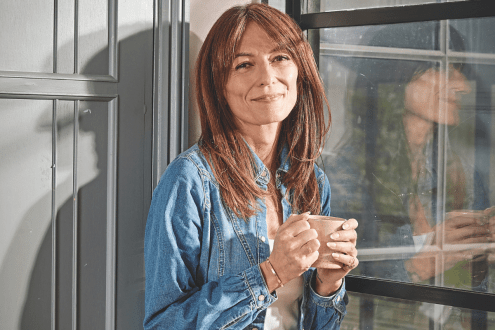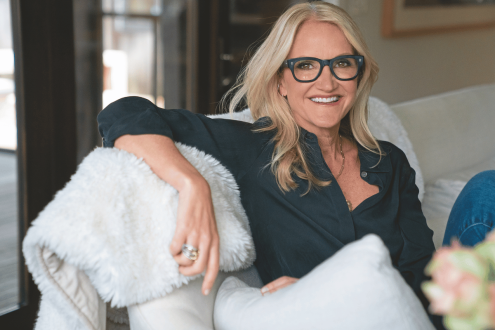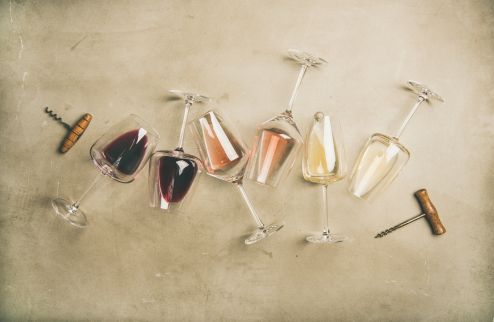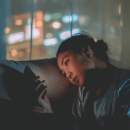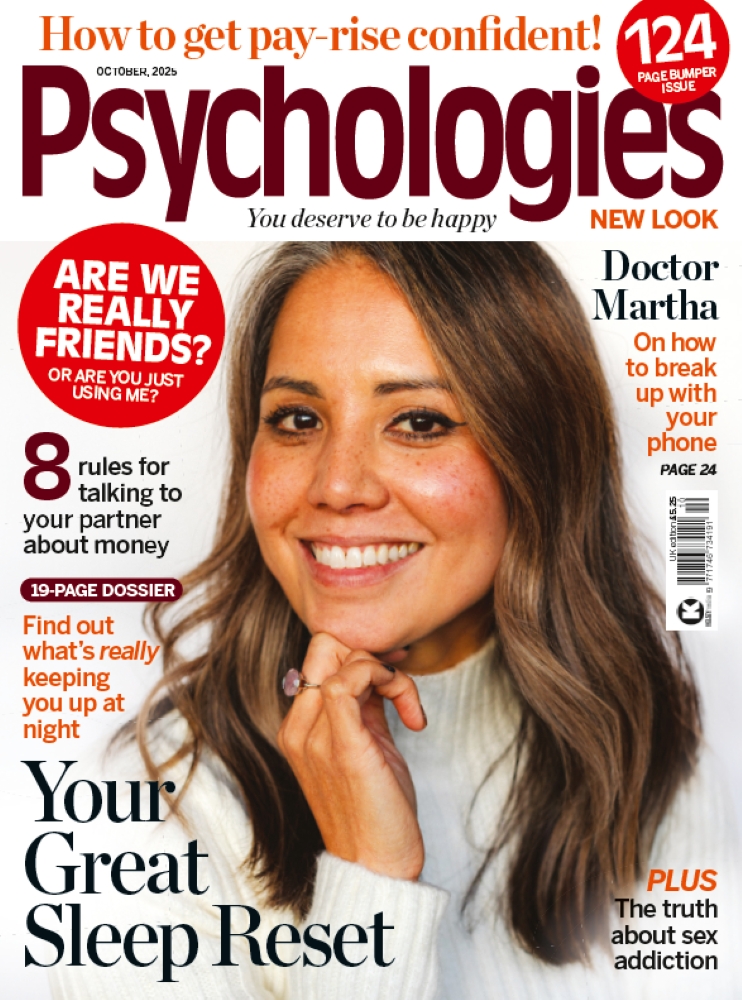I Got Life: interview with director Blandine Lenoir
Previously our ‘film of the month’, I Got Life! is an inspiring story about women and our cross-generation connection and experience. Here, Rosalynn Try-Hane speaks to the film’s director, Blandine Lenoir
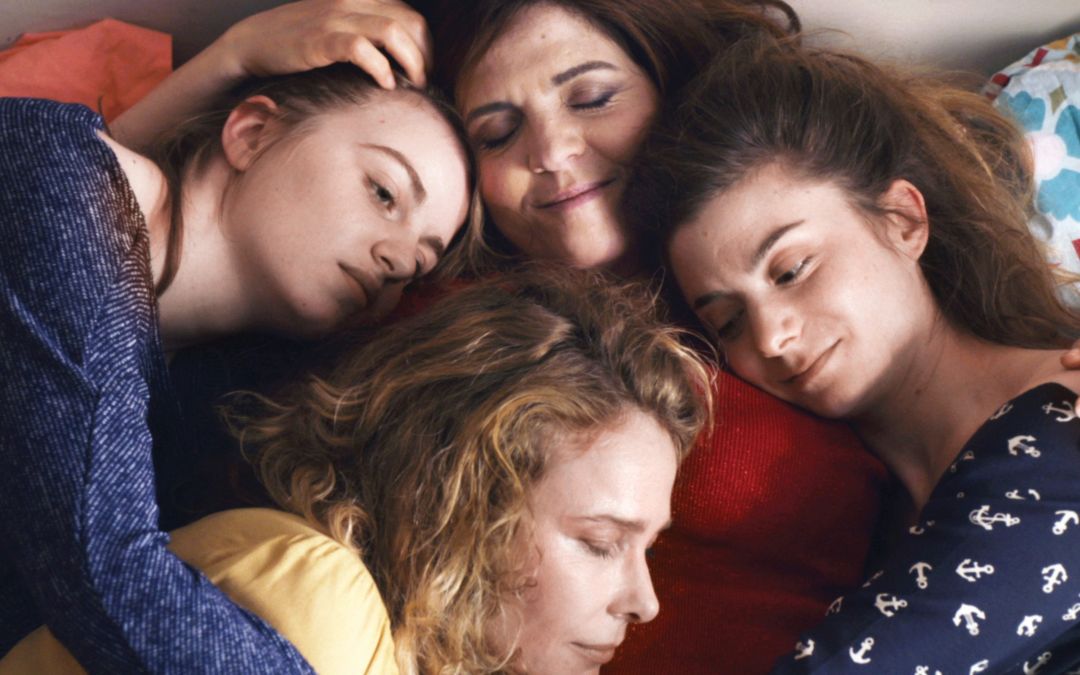
Director, Blandine Lenoir, in her latest film, I Got Life! (pictured above), is busting taboos – especially those surrounding the menopause. One post-menopausal friend commented: ‘It was refreshing to see her experience shown on screen’. I sat down with Lenoir to talk about shattering taboos, diversity in film, and why, if we want to see more films about intelligent and interesting women, we need to head to the cinema on opening weekend…
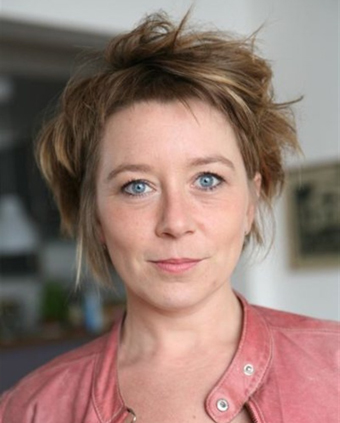
How did you come up with the idea for this film?
Lots of reasons, but because I hadn’t seen any films with 50-year-old central characters [women]. I had lots of 50-year-old friends who’d given up hope because their kids had left home and their husbands had divorced them. These women had great careers and yet, it was like it was the beginning of the end; but for men, they don’t experience this. I found this unfair. Also, I personally was scared to grow older seeing all of that.
The start of the film really touched me: when Aurore asks, ‘Who am I now that I no longer get my period?’ My mother told me the same thing as Aurore when I had my first period, ‘Now you’re a woman’. Did you always intend to start the film this way?
No, not at all, but it’s a phrase that summarises well the whole situation. Basically to be a woman, you need to have your period to have children and that reduces women just to the role of mothers and it is quite disgusting and unfair.
In I Got Life! you use the title song by Nina Simone. Did you always intend to use this song?
Yes, always – I loved the lyrics, Nina Simone was a huge star in France and it was really the song for Aurore who has nothing left. [In the scene where she dances to the song.] I wanted to show, slowly but surely, she’d regain her confidence during the film and the start of this new found confidence was her dancing alone.
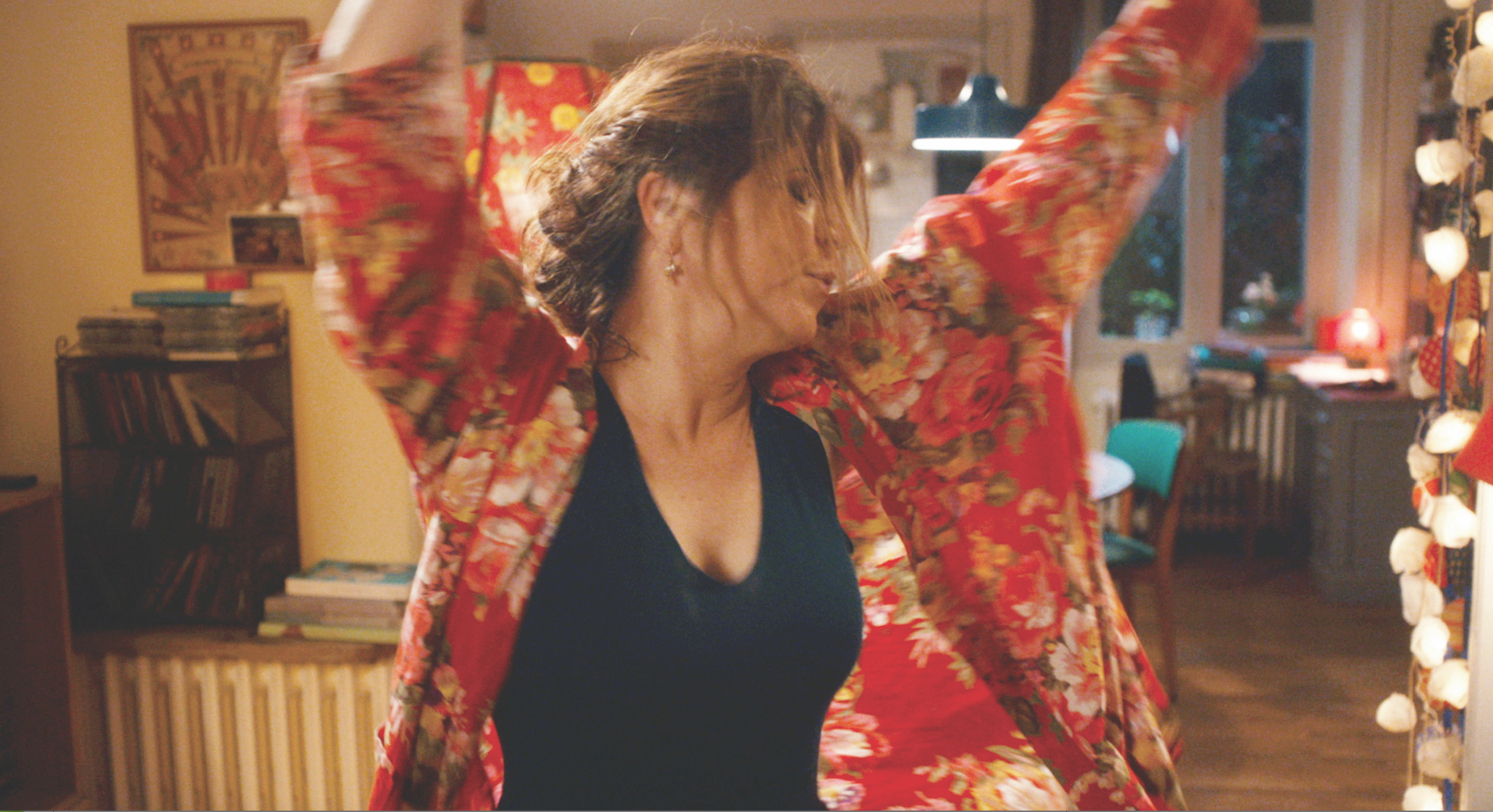
Can you explain the final scene where Aurore runs towards Christophe?
What matters for me is that she is dynamic and she [Aurore] takes charge. There was no love story initially, but the producer said there needs to be a love story otherwise we’ll have trouble convincing the public to come and watch a story about a menopausal woman! I don’t think that is true, but that is why I introduced this character. It was important to have the love story in order to secure financing as there were already too many female characters. For people, if there are lots of women, it has to be a sexy film and my film isn’t sexy. There are no naked women.
This is the year of #MeToo. How can we ensure that there are more films with strong, intelligent female roles for women over 40?
It’s important that the films are a success. Cinema is an industry. In France, I Got Life! sold 500,000 tickets. If the films make money, then producers will provide money to make more. It isn’t complicated. Cinema is an industry.
Was it difficult to get people to invest in your film?
I had to make a few compromises – right from the start I was told there had to be a male lead, and that I needed a star. Luckily Agnes Jaoui said yes straight away.
Do you think French cinema is diverse?
Not as much as it could be. Currently eight out of 10 [French] films are set in Paris – big apartments, white, rich and driving cars that cost thousands. I don’t know this France. They [casting directors] don’t think if there is a role without a sexuality then they cast a man. It’s important that they really think.
I Got Life! is out on DVD now.
